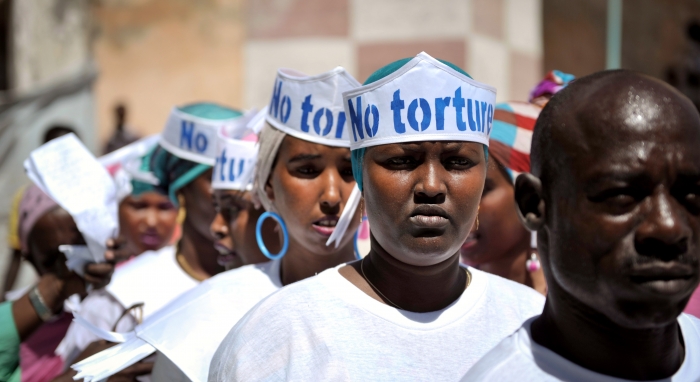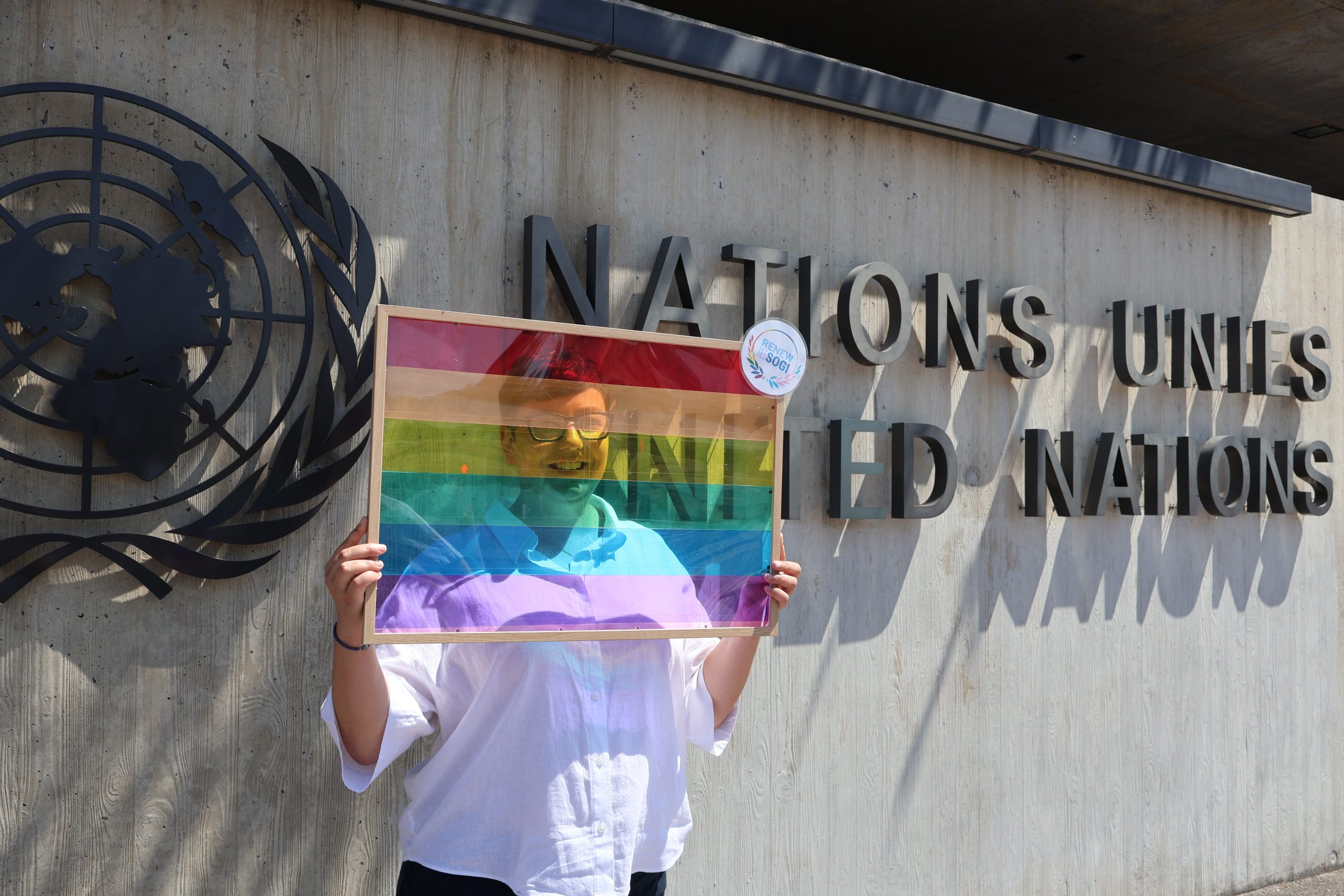(Geneva) – Defending human rights is a critical but increasingly dangerous activity in many parts of the world, according to a new UN report.
‘The International Service for Human Rights welcomes this report, which explicitly endorses many of the key recommendations made by ISHR and our partners to protect defenders and support their courageous work,’ said ISHR Director Phil Lynch.
The report finds that human rights defenders – especially journalists, lawyers, trade unionists and those who work to promote women’s rights and the rights of gay, lesbian, bisexual and transgender persons – face ‘extraordinary risks’. It highlights cases of defamation, attacks, detention, torture and even killings.
The report also documents an increased incidence of violations against people and communities opposed to mining, construction and development projects, with protesters attacked both by State and private security forces.
‘Human rights defenders play a crucial role in exposing and seeking accountability for violations by both governments and corporations. Their work is crucial to transparency, good governance and justice for victims,’ said Mr Lynch.
The report also documents the worsening ‘use of legislation in a number of countries to refrain the activities of human rights defenders and to criminalise them’, with cited examples including laws to ‘curb the promotion of homosexuality’ and to restrict NGO access to foreign funds.
‘In the last four weeks alone, Nigeria, Russia, Uganda, Malaysia and the Ukraine have enacted or applied laws to criminalise human rights defenders and to silence their critical voice,’ Mr Lynch said.
The report will be officially presented to the UN Human Rights Council in March by the Special Rapporteur on Human Rights Defenders, Margaret Sekaggya.
In addition to documenting violations, the report makes a wide range of recommendations to ensure that human rights defenders are protected and can operate in a ‘safe and enabling environment’. According to the Special Rapporteur, the key elements of such an environment include:
- a conducive legal, institutional and administrative framework;
- access to justice and an end to impunity for violations against defenders;
- a strong and independent national human rights institution;
- policies and programmes with specific attention to women defenders;
- effective protection policies and mechanisms paying attention to groups at risk;
- non-State actors that respect and support the work of defenders;
- safe and open access to international human rights bodies; and
- a strong, dynamic and diverse community of defenders.
ISHR made a major submission to the UN Special Rapporteur in October 2013 to inform the content of her current report. Many of the recommendations made by ISHR are explicitly incorporated in that report and will now be considered by the Human Rights Council in Geneva, including that:
- States should develop specific laws and policies to enact the UN Declaration on Human Rights Defenders at the national level and should review and repeal laws which restrict and criminalise defenders’ work. This recommendation is also consistent with a major ISHR project currently underway to develop a model national law on the protection of human rights defenders.
- States should protect human rights defenders from attacks and reprisals, ensure prompt and thorough investigations when they occur, and hold perpetrators accountable.
- Acknowledgement of the invaluable and legitimate work of human rights defenders should be expressed at the highest political level and incorporated into educational programs.
- States should take specific measures to protect and support the work of women human rights defenders and those working to promote LGBT rights, including by guaranteeing rights to non-discrimination and freedom of expression, association and assembly.
- Corporations should consult and engage with human rights defenders to in order to avoid and mitigate adverse human rights impacts associated with business and should refrain from obstructing or impairing their human rights work.
The report also welcomes and notes the ‘utmost importance’ of two resolutions strongly advocated by ISHR during 2013, being a resolution on combating reprisals adopted by the Human Rights Council in September and a resolution on the situation and protection of women human rights defenders adopted by the UN General Assembly in December.
‘This report reflects many of the key recommendations made by ISHR and our key partners to protect human rights defenders and ensure they can work in a safe environment free from violence and attacks. ISHR calls on States, corporations and the UN itself to prioritise and implement the recommendations without delay,’ Mr Lynch said.
Photo: ‘Human Rights Day observed in Mogadishu’ – UN Photo/Tobin Jones




